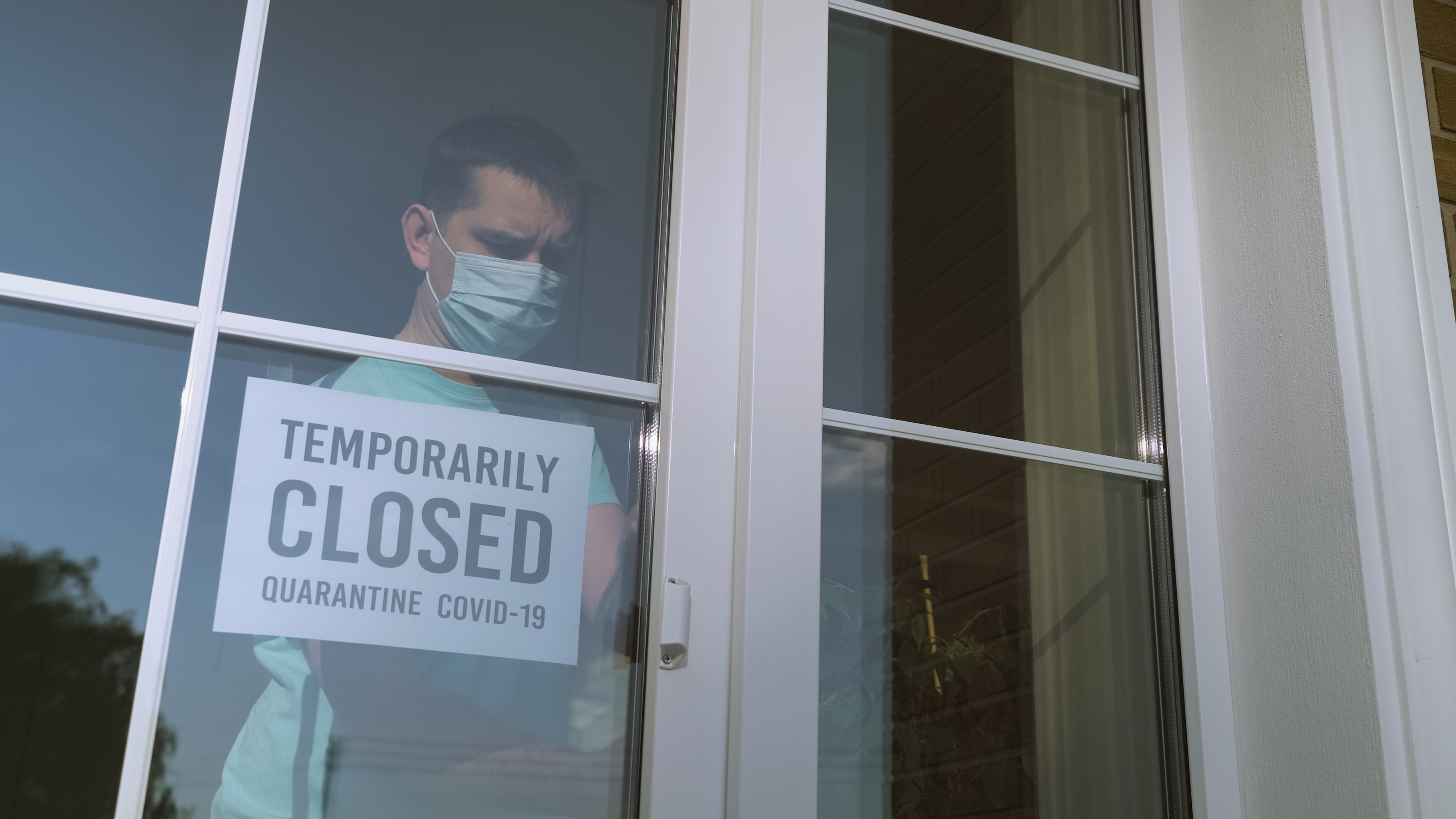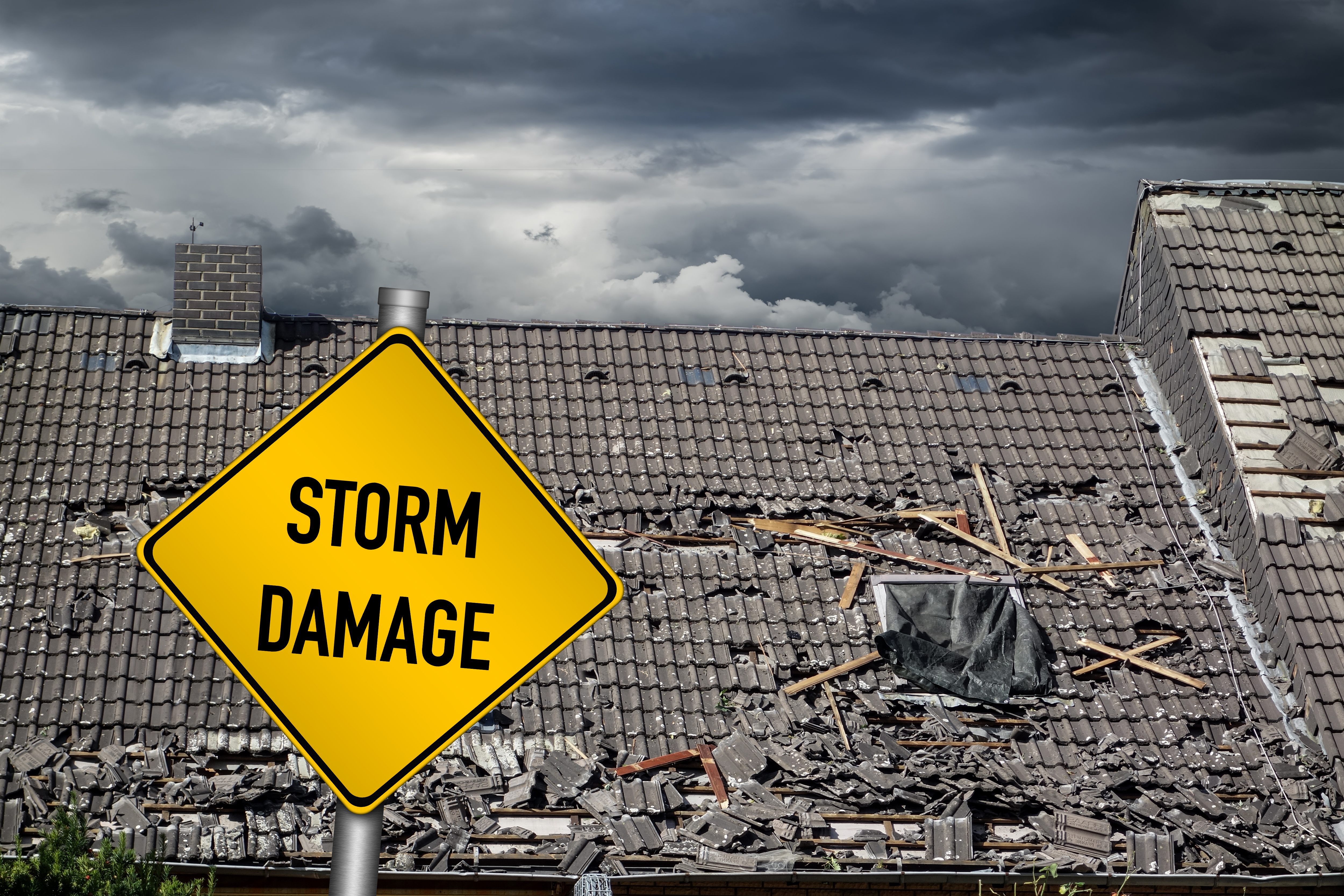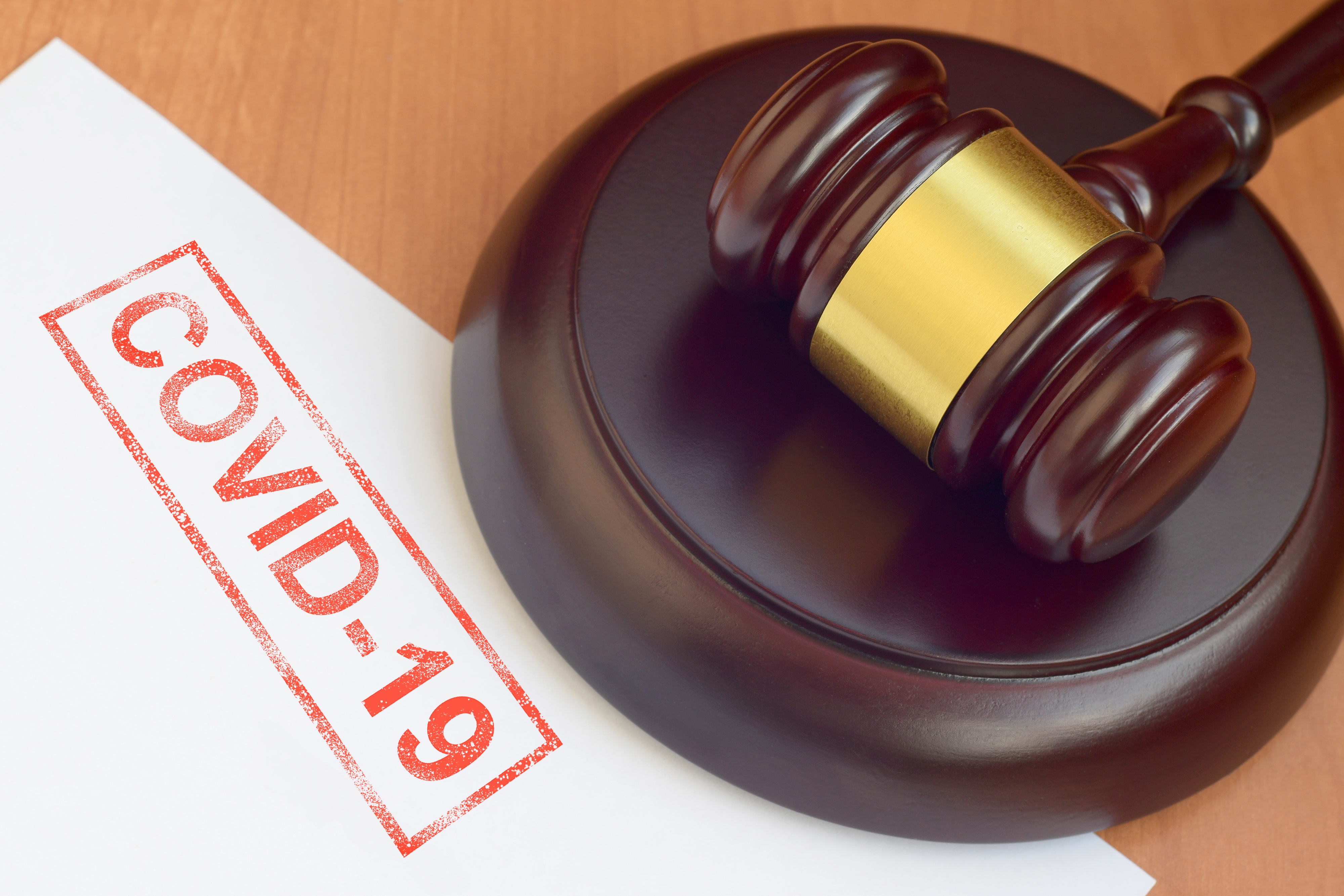Two years after implementing meaningful assignment of benefits reform, Florida enacted broader property insurance claim reform. On June 11, 2021, Governor DeSantis sign S.B. 76, which takes effect on July 1, 2021. S.B. 76 focuses on reducing insurance claim litigation by, amongst other things, requiring timely notice of claims, curtailing certain solicitation practices used by roofing contractors, and limiting the circumstances in which attorney’s fees can be awarded to policyholders in property insurance lawsuits.
Read more ›South Carolina Allows Depreciation of Labor Costs In ACV Calculation
Insurers in South Carolina may now depreciate both labor costs and material costs when determining the “actual cash value” (ACV) owed to policyholders for property damage. In Miriam Butler et al. v. Travelers Home and Marine Insurance Co. et al., Case No. 2020-001285 (S.C. May 12, 2021), the South Carolina Supreme Court held that insurers may depreciate labor costs to determine the ACV of a damaged property when an insurance policy does not define ACV and the “cost to repair or replace the damaged property at issue includes both materials and embedded labor components.” Id.
Read more ›Pennsylvania District Court Holds Materiality Does Not Require Fraud
A District Court in the Eastern District of Pennsylvania recently held that an insured’s submission of invoices altered to inflate replacement costs for water-damaged inventory constituted material misrepresentations. The court granted the insurer’s motion for summary judgment on its claims for declaratory judgment and violation of the Pennsylvania Insurance Fraud Act; however, the court held that the altered invoices fell short of satisfying the elements of common law fraud.
Read more ›Posted in Bad Faith
Elaborate Jewelry Heist Results in No Coverage for Jewelry Store’s Loss Under Dishonest Entrustment Exclusion
The Appellate Division of the Supreme Court of New York has provided some clarity to New York businesses and their insurers dealing with loss resulting from fraudulent entrustment. In Crown Jewels Estate Jewelry, Inc. v. Underwriters At Interest At Lloyd’s London, Case No. 2020-04312 (N.Y. App. Div. May 13, 2021), the court held that coverage under a dishonest entrustment exclusion was properly denied where an individual fraudulently convinced a high end jewelry store to let him borrow five pieces of jewelry.
In a Scorsese-like plot, Paul Castellana, the plaintiff, emailed Crown Jewels Estate Jewelry, a high-end jeweler, saying he worked for Sony Pictures International and asked to borrow jewelry for a video he said he was shooting with Jennifer Lopez. After Crown Jewels agreed to lend Castellana five pieces of jewelry worth $2.09 million, it received a certificate of insurance. A reference also confirmed Castellana had a legitimate industry reputation. An associate of Castellana picked up the jewels from Crown Jewels and vanished.
Read more ›Posted in Exclusions, Fraud
Southern District of New York Holds Contamination Exclusion is Ambiguous as Applied to Covid-19 Business Losses

The Southern District of New York recently held that a contamination exclusion was ambiguous in the context of Covid-19-related business interruption losses. Accordingly, the court held that the issue was inappropriate to decide at the summary judgment stage and denied both parties’ cross-motions for summary judgment.
In Thor Equities LLC v. Factory Mut. Ins. Co., No. 1:20-cv-03380 (S.D.N.Y. Mar. 31, 2021), an insured commercial property owner sought business interruption coverage under its property insurance policy. The parties filed cross-motions for summary judgment, asking the court to determine the applicability of two exclusions, one of which was a contamination exclusion. The exclusion excluded “contamination, and any cost due to contamination including the inability to use or occupy property or any cost of making property safe or suitable for use or occupancy.” The policy defined “contamination” as “any condition of property due to the actual or suspected presence of any foreign substance, impurity, pollutant, hazardous material, poison, toxin, pathogen or pathogenic organism, bacteria, virus, disease causing or illness causing agent, fungus, mold or mildew.” The parties agreed that the inclusion of “virus” in the definition of “contamination” applied to Covid-19.
Read more ›Posted in Contamination
A Consequential Ruling: Florida Supreme Court Rejects Recovery of Consequential Damages in First-Party Breach of Contract Actions

In first-party breach of insurance contract actions, the parties oftentimes dispute whether the policyholder may seek damages that are not explicitly provided for in the policy, with the policyholder arguing such indirect damages flow from the alleged breach of contract. By doing so, policyholders blur the lines between breach of contract actions and bad faith actions. The Florida Supreme Court recently considered this issue in Citizens Property Insurance Corp. v. Manor House, LLC,[1] and held that “extra-contractual, consequential damages are not available in a first-party breach of insurance contract action because the contractual amount due to the insured is the amount owed pursuant to the express terms and conditions of the insurance policy.”
Manor House arose from a Hurricane Frances insurance claim filed by an owner of apartment buildings. Citizens issued payments totaling approximately $1.9 million. Approximately nineteen months after the loss, Manor House’s public adjuster asked Citizens to reopen the claim. After reopening the claim, Citizens made additional payments and continued its adjustment. Several months after reopening the claim, Citizens’ field adjuster informally estimated the actual cash value of the loss at approximately $5.5 million and the replacement cost value at $6.4 million.
Read more ›Posted in Hurricane
Policyholders’ Counsel Test “Mother of All” Covid-19 Coverage Suits in a Bid to Block Insurers’ Path to Federal Court
Covid-19 has caused trillions in business losses. Whether those losses are covered by commercial property insurance is an existential issue for both policyholders and insurers. But before that legal battle, the battlefield must be chosen. Do these coverage suits belong in federal or state court?
In July 2020, a group of 42 Chicago restaurants and bars filed a lawsuit in Illinois state court against 19 commercial property insurers, seeking coverage for Covid-19 business losses,[1] in what plaintiffs’ counsel called the “mother of all” Covid-19 coverage suits.[2] A few days later, the same counsel filed a suit in New York state court on behalf of 94 restaurants and bars against 41 insurers.[3] Both suits allege that the insurers wrongly denied coverage, based on a lack of “direct physical loss or damage” under the policies.
Read more ›Posted in Coverage, Fraud
Court’s Opinion Provides Guidance on Protecting a Claims Handling Manual as a Trade Secret
In Chavez v. Std. Ins. Co., 2020 U.S. Dist. LEXIS 203610 (N.D. Tex. Oct. 30, 2020), Judge David C. Godbey considered a variation on a common scenario that arises in first party cases. Typically, the insured/plaintiff wants an insurer’s claims handling manual to use against the insurer in proving claims under Texas Insurance Code Chapter 541 and the DTPA. However, as Judge Godbey explained, such manuals are not automatically discoverable. Also, insurers can significantly increase the chances that a court will protect such manuals from unrestricted discovery and use in litigation by providing certain affidavit evidence.
The plaintiff in Chavez was receiving long-term disability benefits from Standard Insurance Company (“Standard”). Standard terminated Chavez’s benefits after a medical examination. Litigation ensued. Chavez requested Standard’s claims handling manual in discovery. To avoid a discovery dispute, Standard produced the manual pursuant to an agreed protective order. Chavez subsequently sought to undo Standard’s designation of the manual as confidential trade secret under the protective order.
Read more ›Posted in Uncategorized
North Carolina Court Finds Coverage for Restaurants’ COVID-19 Business Income Losses

A trial level court in North Carolina recently found coverage under first-party property insurance policies for the insured restaurants’ COVID-19-related business income losses. In North State Deli, LLC et al. v. Cincinnati Ins. Co., et al., Case No. 20-CVS-02569 in the General Court of Justice, Superior Court Division, County of Durham, Judge Orlando F. Hudson, Jr. granted partial summary judgment to the plaintiff-insureds, finding that plaintiffs’ business income losses resulting from the governmental shutdown of its business constituted a “loss” to property, sufficient to trigger coverage under the Cincinnati policies. Although similarly situation insureds will undoubtedly rely on this decision in support of their claims for coverage, it is important to note that the North State Deli decision relies heavily on the specific policy language at issue, and that the policies in question did not contain a virus exclusion. Accordingly, a deeper analysis is required before determining the impact of this ruling.
Read more ›
